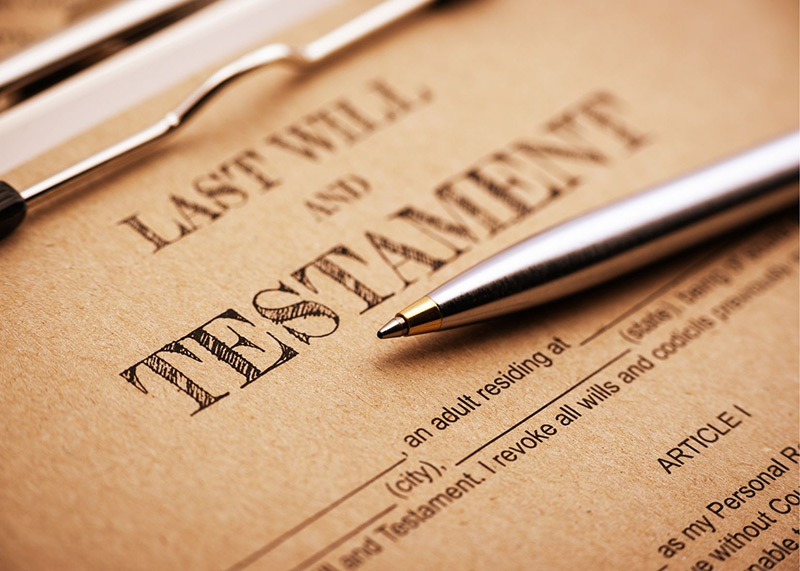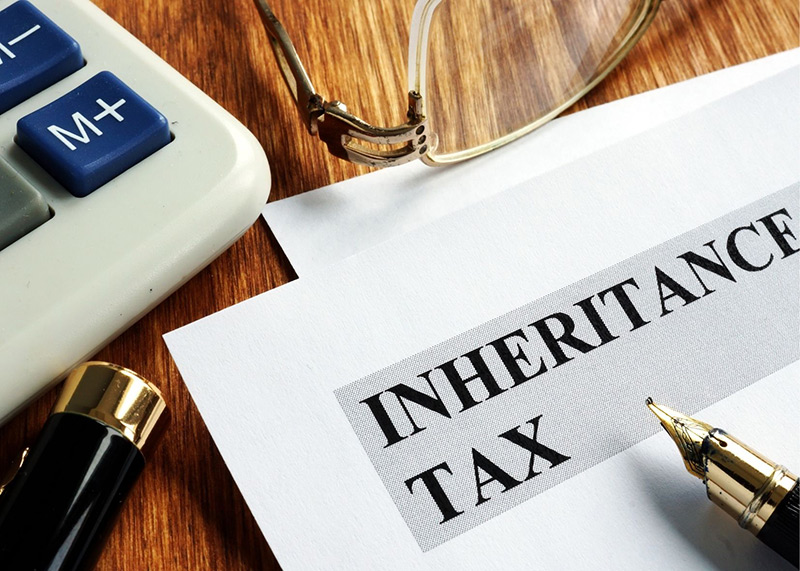Writing Your Will – Top Ten Tips
No one likes to think of their own demise, which is why many of us put off writing our Will.
Let’s be honest, if you were given the choice of going out for lunch with friends, or discussing your estate with a trusted advisor – I think I know which would be your favoured option.
However, there are few things that are certain in life, but one thing is for sure, we will all die. So, let’s see how we can make things a little easier for those we leave behind.
Here’s ten tips from Davies Estate Planning to guide you:
No 1 – Know Your Estate
Draw up a list of your assets and debts and keep them somewhere safe. Your assets would consist of some, or all, of the following:
- Property
- Money, savings, pensions and investments
- Possessions (ie. jewellery, artwork, antiques)
Having this clearly written out will assist you when it comes to choosing who will inherit what.
No 2 – Choose Carefully
There are many options out there for writing a Will, these include:
- DIY Will
- Online Will
- Using a trusted advisor or solicitor
If you opt for a DIY or Online Will, you need to take extra special care that it is written correctly and complies with the UK legislation. There are many pitfalls and you need to be certain that your Will is a valid and legal document.
When using a trusted advisor, they will be there to guide you through your important decisions and help you to protect your assets for your loved ones.
If you are using a trusted advisor, check they are code compliant and safe to do business with.
No 3 – Find Out All Your Options
There are many ways to write a Will, you need to ensure you make the correct decision for you. Here’s some of the options:
- Mirror Will
- Single Will
- Trust Will
Each Will is suitable for different individuals, dependent on their circumstances. Which is why it’s so important to ensure you understand what each type of Will has to offer, you may be surprised at what you learn.
No 4 – Think Things Through
Think carefully about how you want to divide your estate and make sure your intentions are clear.
When it comes to identifying your beneficiaries, nothing should be ambiguous. Always ensure your intentions are captured accurately and clearly.
No 5 – Choose Your Executor(s) Carefully
Choose your executor(s) very carefully. This is an extremely responsible job and can mean a lot of work. I would also recommend that you discuss this with the person(s) you nominate to check they are comfortable with taking on the role.
Your executor needs to be someone you trust implicitly. After all, they will be handling your money and distributing your estate in accordance with the terms of your Will.
No 6 – Talk to Your Advisor About Inheritance Tax
No one wants to pay inheritance tax at 40%, so talk to your advisor about trusts and the important allowances.
Examples are:
- married couple’s allowance
- nil rate band allowance
- residential nil rate band
- gifting
- property trusts
These are just examples; full details would need to be discussed with your advisor.
No 7 – Make Life Easier
When you pass, it will be a sad and stressful time for your loved ones so do everything you can to make their lives easier.
One way to do this is to document all your bank and savings account details together with information on your online presence.
No 8 – Appoint a guardian
If you have children, it’s important to consider who will take care of them if they are left without any living parents.
You know your children, and who would be best placed to look after them, so don’t leave such an important decision to be made by the courts.
No 9 – Signed and Witnessed
Ensure you sign your will with two independent witnesses present. Failing to do this makes your will invalid.
No 10 – Now Make That Will
My final tip is to actually commit to writing a Will. It amazes me that circa 59% of people in the UK do not have Wills in place. This means they are not making their own decisions on what happens to all they have spent their lives working for. The rules of intestacy will apply and may mean your estate will not go where you think it will.
Don’t leave things to chance, make your own decisions.
If you would like to speak to Davies Estate Planning about writing your Will then please use our contact form, drop me an email or give me a call on 0808 146 9295.







